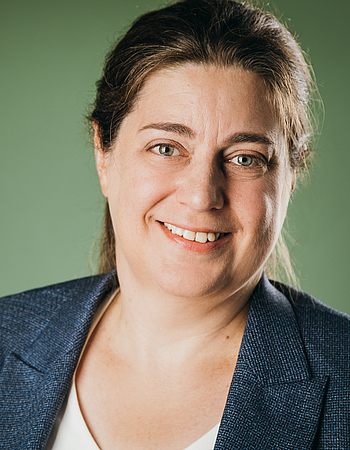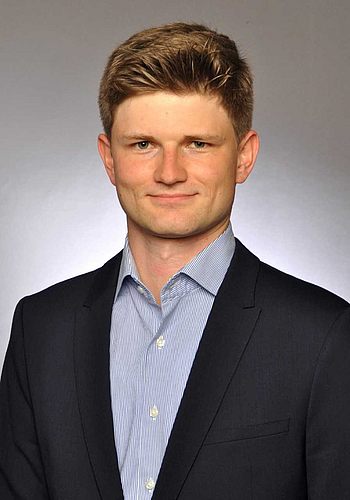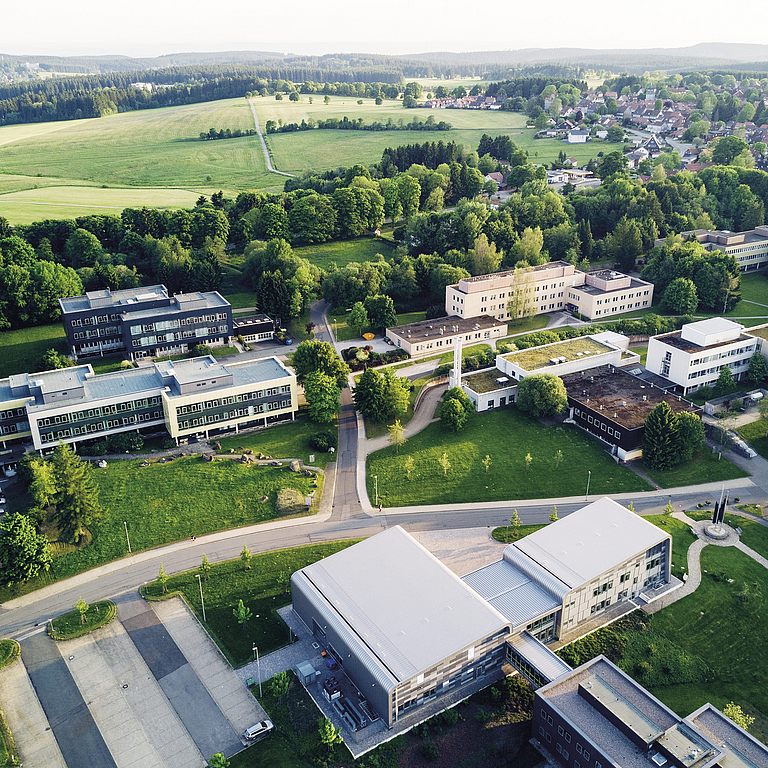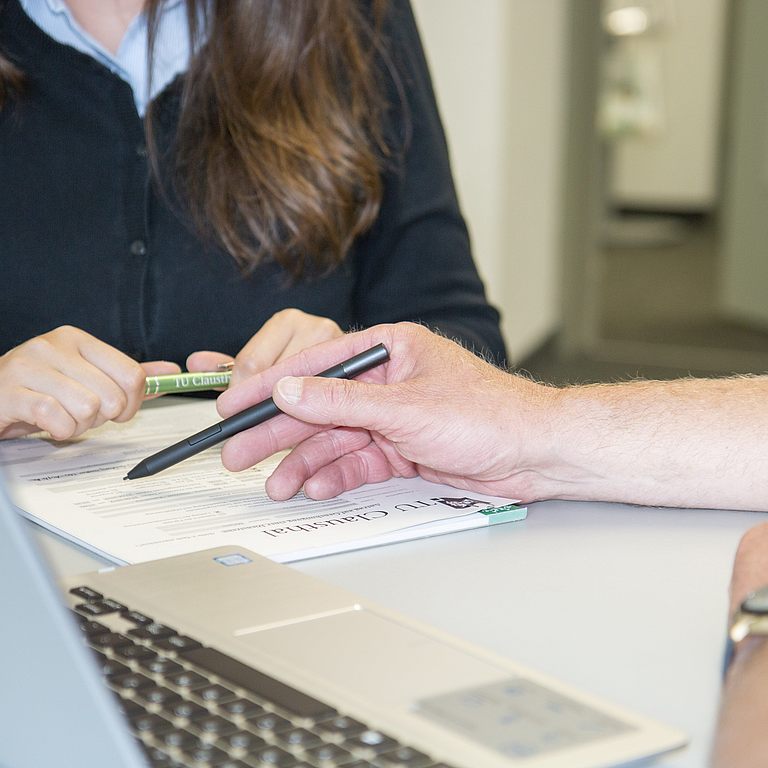Transdisciplinary Repository Research
Target group: PhD students of natural science or engineering subjects who have not yet dealt with the repository issue |
"Learning from Gorleben" - A lack of transparency, trust and public participation led to intense protests against the Gorleben repository site. Transparency and public participation are now enshrined in the 2017 Site Selection Act. So far, however, the public has been insufficiently involved in research and decision-making. The very long period of one million years for which the safety of the repository is to be demonstrated raises doubts and disbelief. Is this claim realistic? How do scientists proceed to fulfill this claim?
Within the framework of two dissertations at the Institute for Repository Research, we are investigating whether and how the knowledge of people outside the field can help to improve tools and methods for investigating safety for nuclear repositories ("safety case"). Your scientific background and assessments can make a significant contribution to this. The workshops offered here aim to engage in conversation on this timely and exciting topic and to work together to develop proposals for the Safety Case.
Learning content: On four dates, basic knowledge of the methodologies used in science to ensure the safety of deep geological repositories will be imparted. Based on this, solution approaches will be jointly discussed and developed.
- Which methods are used to investigate and "prove" safety?
- Which phenomena and processes are relevant to safety? How will the repository system develop over a period of one million years?
- Which state variables can be estimated numerically and what information do they provide on safety?
- How will the inevitable uncertainties be dealt with?
Participation is valued at 10 units of work and is recognized as part of the Graduate Academy certificate. If you are interested in attending, please contact Martina Heiermann.
Lecturer:
Marcel Ebeling studied raw material geosciences at the TU Clausthal. Afterwards he was employed as a research associate at the Institute for Repository Research. There he is working on safety case issues within the TRANSENS research project. Since 2022, Marcel Ebeling has been working at the Lower Saxony Ministry for the Environment, Energy, Construction and Climate Protection.
Martina Heiermann studied geophysics at the Technical University of Clausthal and worked in the oil and gas industry for 20 years. Since 2022, she has been working as a research associate at the Institute for Repository Research on the topic of uncertainties as part of the TRANSENS research project. www.ielf.tu-clausthal.de/fachgebiete/endlagersysteme/kontakt/mitarbeitende/wissenschaftliche-mitarbeiter/dipl-geophys-martina-heiermann
Klaus-Jürgen Röhlig is a mathematician and heads the Institute for Repository Research at Clausthal University of Technology. In addition to his teaching and research activities, he advises the German Federal Ministry for the Environment and the Swiss cantons on repository safety issues. He is spokesman for the TRANSENS project. www.ielf.tu-clausthal.de/fachgebiete/endlagersysteme/kontakt/mitarbeitende/professoren/prof-dr-rer-nat-klaus-juergen-roehlig

Trainerin
Martina Heiermann

Trainer
Marcel Ebeling


